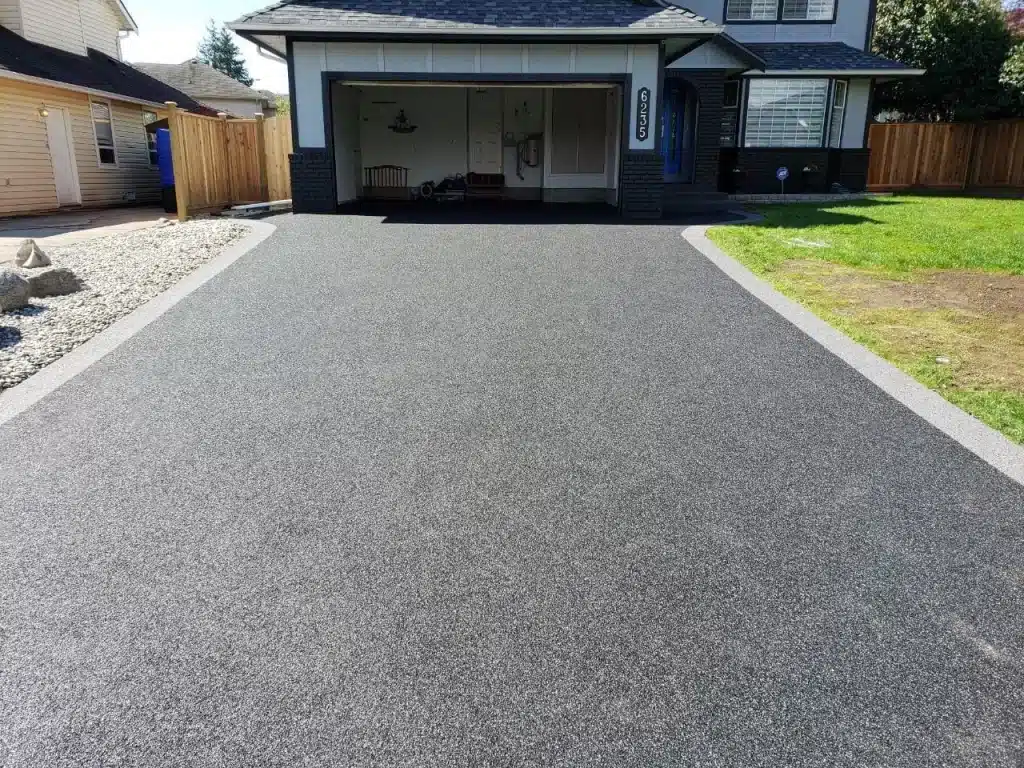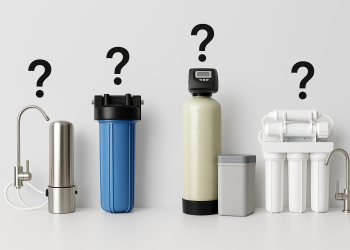Table of Contents
If you’re tired of repairing that old, cracked, chipped, grayed, and just plain ugly asphalt driveway outside your home, it might be time to invest in something that’s not only much more attractive but that’s also super durable. That is, concrete. Concrete has been utilized for thousands of years and continues to be a favorite among homeowners who wish to add both curb appeal and value to their property.
But before you make the switch to concrete, you’re going to need to find a reputable demolition contractor to tear up and haul away that old annoying blacktop driveway.
Technically speaking, you could try to save money doing this on your own but says the professionals at Van’s Hauling, when working on a demolition project, there are many safety protocols that must be followed. This includes personal safety equipment and best practices. Professionals are also aware of the latest technologies and techniques when it comes to demolition, which in the end, could save you time and money.
If you’re lucky, you might even find a contractor who will perform the demolition of your existing driveway and pour your new concrete driveway. According to a recent report by Specify Concrete, here are some of the best reasons to go with a concrete driveway.
Longer Lifecycle
The only real benefit of an asphalt driveway is the lower upfront cost. For some homeowners, budget constraints will force them to forgo concrete. But a concrete driveway lasts far longer than a blacktop driveway. In fact, the service life of a concrete driveway is said to be 50-60 percent longer than its blacktop competitor.
The result is that you might be saving money in the short-term by using asphalt, but in the long run, you will pay more than you would have if you’d gone with concrete in the form of maintenance costs. That’s because the binder that holds the asphalt aggregates together will soon begin to disintegrate, crack, and distort due to oxidation, chemicals, water, and UV radiation.
Curb Appeal and Overall Beauty
Many homeowners believe that the standard light gray concrete surface offers beauty and significant curb appeal. But there are other concrete design options to consider. Colored concrete is perfect for homeowners who wish to go with a darker surface. You can also select a stamped concrete that utilizes different textures which can blend in perfectly with your home’s design. Exposed aggregates are also said to provide a three-dimensional, highly textured look.
Heat and Light Reaction
Says Specify Concrete, generally speaking, asphalt absorbs sunlight, while concrete reflects it. Concrete pavements stay cooler because they absorb far less radiation than blacktops. Try walking barefoot on asphalt on a hot summer’s day and then walking barefoot on concrete, and you will notice the difference immediately. Sun-baked asphalt is painful, while concrete is not.
While asphalt’s heat absorption can be a benefit during a snowy and icy winter, the cold weather benefit is countered by having to deal with a hot driveway during the hot summer months. Also, concrete’s light reflecting abilities will reduce the need for exterior lighting.
Because blacktop absorbs so much light, your driveway will require one-third more lighting than if it were made of concrete. This means that concrete will save on energy expenses for years, if not decades.
Concrete’s Load-Bearing Capacity
Concrete is a non-flexible, rigid construction material that can handle far heavier loads than asphalt. Because asphalt flexes, big trucks and other heavy loads will cause serious damage, such as rutting. If you own an RV, boat, or a one-ton dump truck, you stand the chance of damaging your blacktop driveway every time you park these vehicles on it. But with concrete, you will withstand zero damage.
Maintenance Costs
You can greatly reduce any maintenance costs associated with concrete via the utilization of penetrating sealers and contraction joints. You can use clear sealers that will protect against de-icing compounds and the absorption of moisture that comes with melting snow and ice.
Contraction joints are engineered to isolate any cracking that might occur as the concrete cures and shrinks. On the other hand, from the moment an asphalt drive is installed, the binder will immediately begin to dry out.
To slow this process, you need to pay a driveway sealing company to sealcoat your driveway every few years to protect it from disintegrating. But even with periodic resealing, an asphalt/blacktop driveway doesn’t stand a chance of lasting as long as a concrete driveway.
All this said, which type of driveway would you choose for your home?








